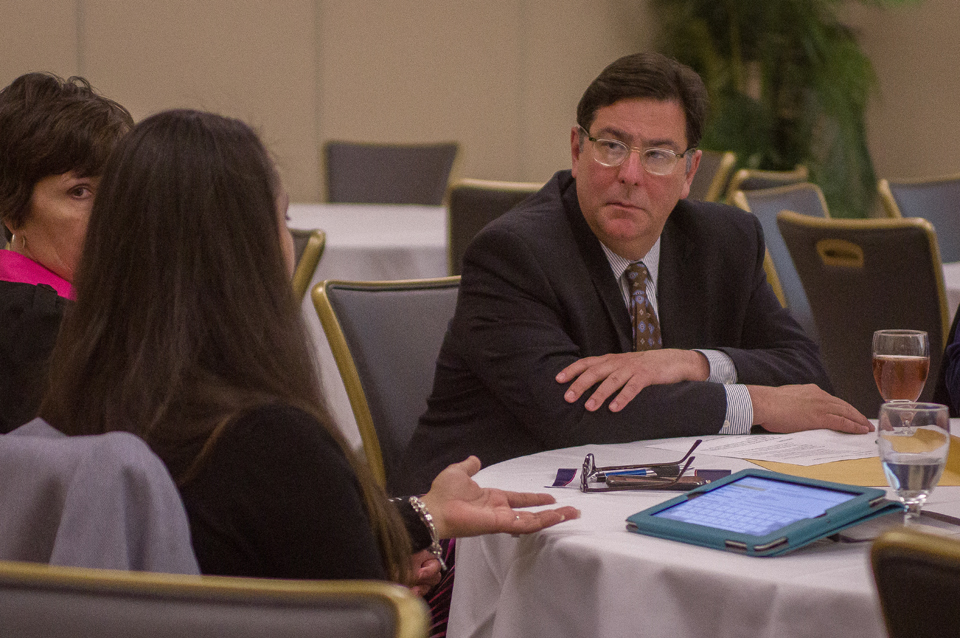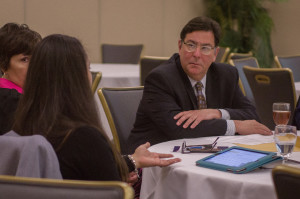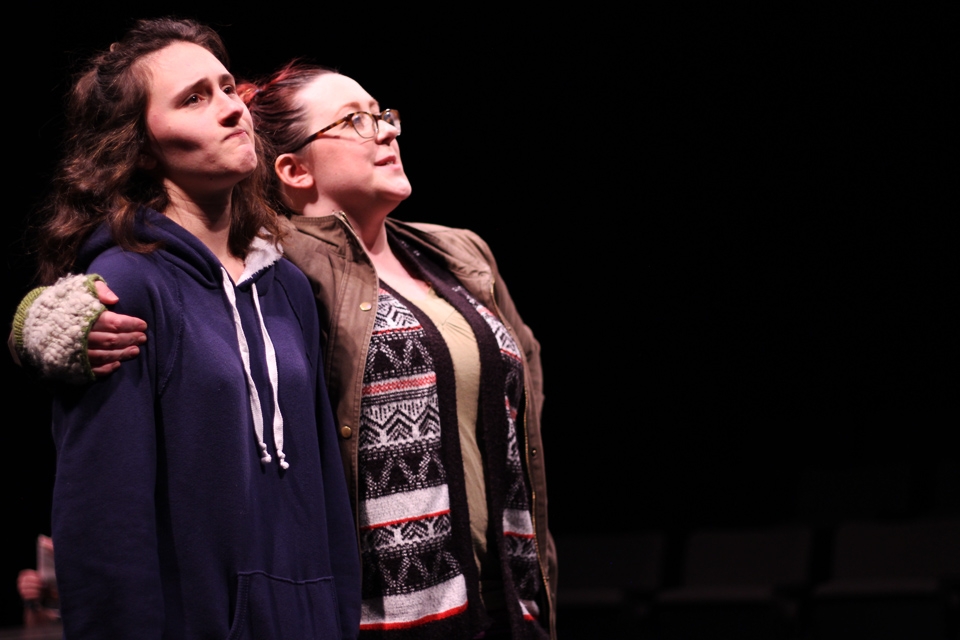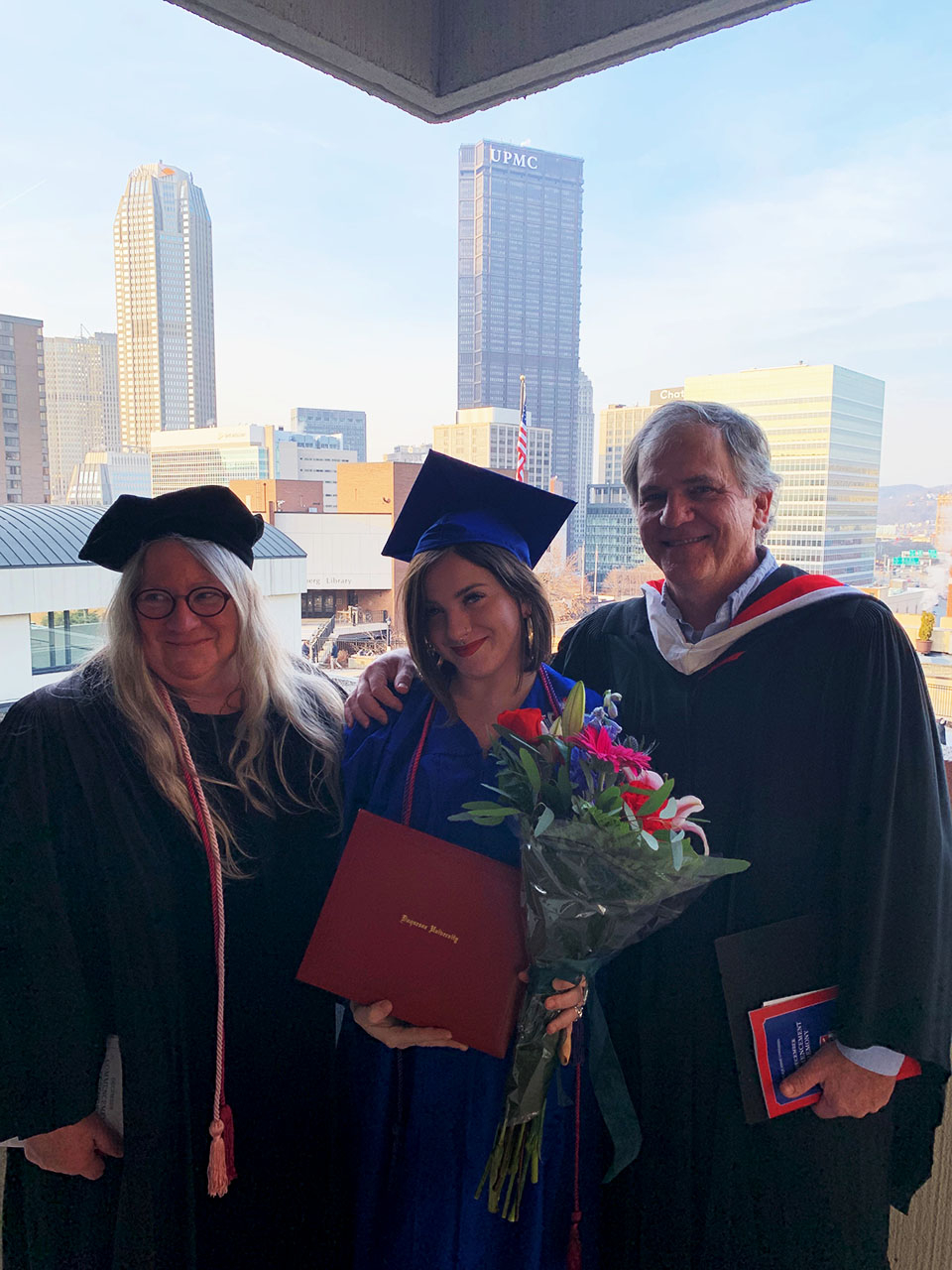

By Pat Higgins | Asst. Sports Editor
Duquesne and the School of Education hosted the second Community Forum in the Power Center Ballroom on Wednesday.
Community leaders including Mayor Bill Peduto, teachers, faculty members and other advocates for the initiative gathered to focus on opening a dialogue to provide a competent 21st century public education for the community’s children.
Jacqueline Jordan Irvine, a professor of urban education at Emory University, spoke of the importance of bridging the gaps in a wide range of areas related to education, including teacher quality, curriculum, school funding and parenting skills. She identified a number of critical elements for sustained community engagement moving forward, all of which focused on “doing the right thing, and doing the thing right.”
Before opening the floor to discussion, Irvine said the discussion of injustice and its role in education is especially important “because economic survivability depends on these issues of social justice and that every child be given the opportunity to succeed in America.”
Peduto, who gave the closing remarks following the dialogues, spoke of the importance of meetings and discussions like those that took place Wednesday night.
“In any discussion there’s going to be a debate. That comes natural because people have different opinions of things,” he said. “When you have dialogues like this and you’re not afraid to talk about those issues that you have differences with, you lessen the negative impact. And when you’re able to do that, you’re able to move past it and onto other things.”
In addition to the initiatives that other advocates discussed at tables across the ballroom, Peduto outlined a number of concerns regarding what students do when class ends, saying the most dangerous times of the day for youths in the city are between 3 and 6 p.m.
“To me the important issues that I need to address are the times when the students aren’t in the classroom. What are they doing during the summers, and how can I get them to be on a different path,” he asked. “How can I encourage and create after-school programs? How can I make it so that every kid in the city of Pittsburgh gets to start out of the gate equally?”
The mayor said the next steps are to continue to stimulate discussions between leaders who continue to engage with each other. An agreement on the details in the classroom, he said, will allow him to ultimately address the concerns of what children and teenagers do when the school day ends.
Irvine commended those in attendance for their commitment to the community, and like Peduto said, for putting secondary issues of debate to the side. She encouraged those in attendance and those who will become involved in the coming talks to “stay the course.”
“This is a very powerful and indeed a very rare collaboration here,” she said. “There are so few very brave souls who are willing to engage in hard talk – this critical conversations where you put aside all your personal interest for the sake of the common good, for the children and for the city.”




